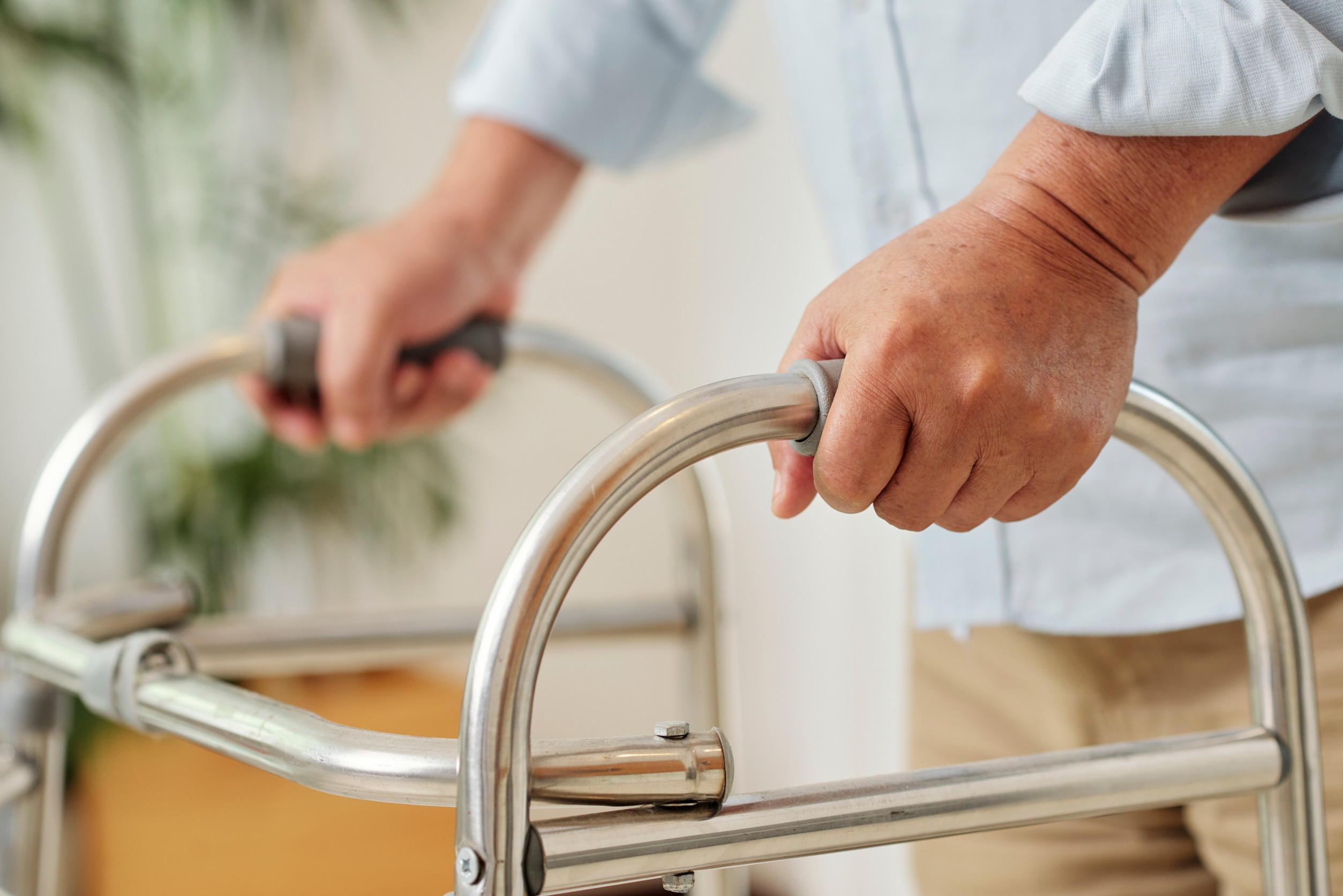
After surgery, most people want to get back to “normal” as quickly as possible—walking the dog, cooking meals, or returning to favorite routines. That craving for independence is natural and even healthy—but acting on it too soon can quietly undo recovery progress. Doctors say the biggest post-surgery mistakes often come from good intentions: trying to prove resilience or avoid burdening others. Yet everybody heals differently, and what feels like strength can sometimes trigger setbacks. Balancing motivation with patience is crucial to a safer and smoother recovery.
The Illusion of Feeling Better Too Soon
Many patients experience a “false recovery” phase when pain subsides and energy returns early. This can tempt them to lift, bend, or resume chores before tissues and muscles fully heal. While surface wounds may appear fine, deeper injuries require weeks or months of rest. Overexertion risks reopening incisions, straining sutures, or delaying healing. True readiness should come from medical clearance—not just good days.
Emotional Pressure to Appear Strong
Social expectations often push people to “bounce back” quickly. Retirees especially feel pressure to maintain independence or avoid worrying loved ones. But hiding fatigue or discomfort can delay proper care. Acknowledging vulnerability is not weakness—it’s wisdom. Honest communication with doctors and caregivers ensures recovery follows progress, not pride.
Returning to Routines That Strain Recovery
Simple habits like vacuuming, gardening, or carrying groceries can stress healing joints and muscles. Even short walks can be too ambitious after certain surgeries. Physicians recommend structured movement plans that gradually rebuild strength. Following instructions—even when they feel restrictive—prevents costly setbacks. Routines return faster when boundaries are respected early.
Ignoring Small Warning Signs
Many dismiss swelling, fatigue, or minor pain as “just part of healing.” Yet these signs often signal overexertion or infection risk. Resting, adjusting medication, or contacting a doctor promptly can prevent serious complications. The desire to normalize discomfort should never replace medical caution. Listening to the body protects long-term independence.
Underestimating the Role of Nutrition and Sleep
Rushing back into old routines often sidelines recovery essentials like protein-rich meals, hydration, and consistent sleep. These habits fuel tissue repair, immunity, and energy. Returning too quickly to busy schedules or social events can rob the body of rest it still desperately needs. Healing thrives in balance—activity supported by nourishment and recovery time.
Skipping Follow-Up Appointments
Once mobility returns, many feel appointments are unnecessary. Yet follow-ups detect hidden issues—like scar tissue buildup, medication side effects, or slow internal healing. Regular check-ins validate progress and catch small problems before they become big ones. Full recovery isn’t guesswork; it’s guided by expertise.
Comparing Your Progress to Others
Friends or relatives may share stories of bouncing back faster, but every surgery, body, and lifestyle differs. Comparison fuels frustration and risky shortcuts. Personalized recovery plans exist for a reason. Healing isn’t a race; it’s a partnership between body and patience. Trusting the process is smarter than matching someone else’s timeline.
Emotional Setbacks Are Part of Healing
Craving normalcy also extends to mood—wanting to feel cheerful, confident, and self-sufficient again. But post-surgical blues or anxiety are common. Ignoring them can deepen stress or slow healing. Support groups, counseling, or gentle mindfulness help navigate emotional recovery. Healing isn’t just physical—it’s holistic.
True Strength Is in Slowing Down
The bravest choice after surgery isn’t pushing harder—it’s pacing wisely. Resisting the urge to rush preserves progress and protects future mobility. Healing well today means more freedom tomorrow. Patience, not speed, is the ultimate measure of resilience.
Have you ever returned to normal life too soon after surgery—or learned to slow down the hard way? Share your experience below.
You May Also Like…
- Little Adjustments That Stop Falls at Home — Before the First One Happens
- Why Some Home Modifications Backfire for Safety Instead of Helping
- 8 Home Modifications That Actually Compromise Senior Safety
- Will Unpaid Medical Bills Hurt My Credit Score in 2025?
- 8 Times Medical Bills Get Sent to Collections Without Your Knowledge







